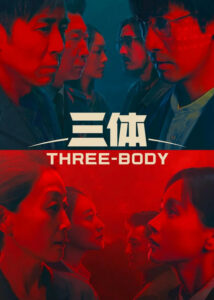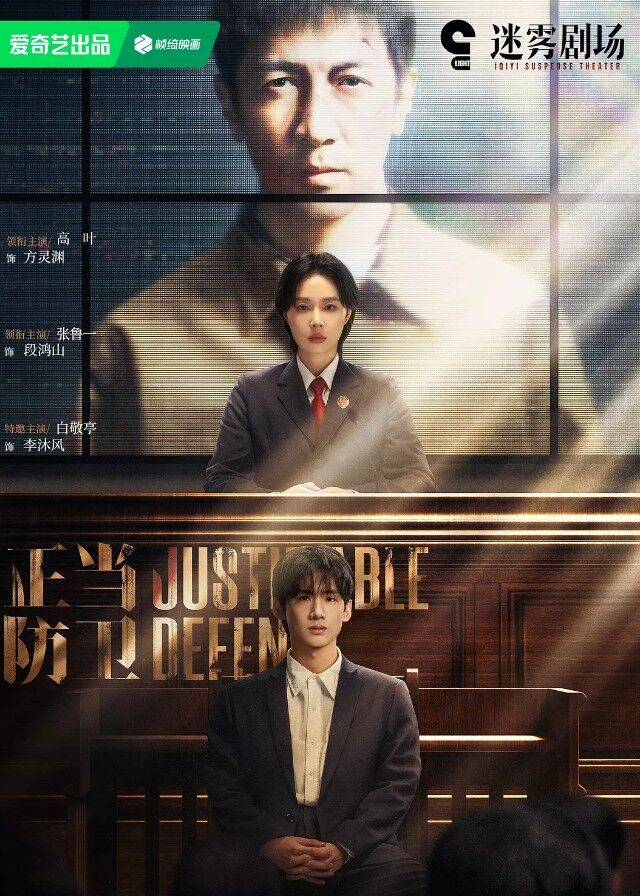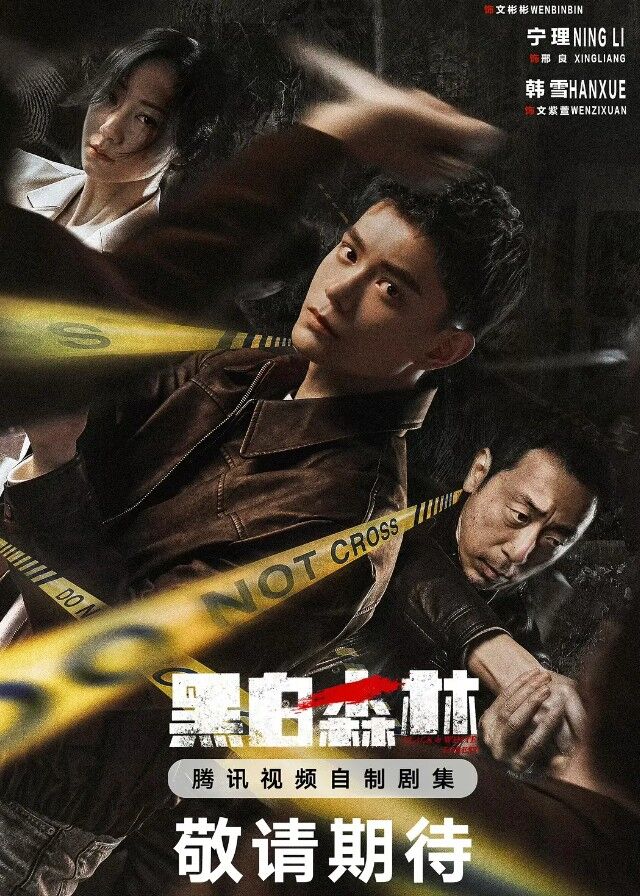Justifiable Defence Episode 14 Recap
> Justifiable Defence Recap
The hearing concerning Duan Hongshan's actions began with prosecutors grappling with a challenging question: could they, in good conscience, believe his claim of justifiable defense and grant him substantive justice without concrete evidence? It was emphasized that legal facts require proof, warning that without it, the public would perceive any acquittal as officials protecting their own.
Duan Hongshan admitted that while he had always tried to "put himself in the defendant's shoes" when prosecuting cases, he now realized he had never truly achieved it. Only when faced with a gleaming knife himself did he understand the impossibility of calmly recording evidence or calculating the exact degree of his counter-attack. The debate then turned to the nature of his profession, questioning whether a prosecutor was merely an abstract concept or a fallible human being.
A participant voiced the public's likely perspective, finding it difficult to accept that a man's death could be justified solely on Director Duan's word. Fang Lingyuan then presented Duan Hongshan's resignation letter, which he had submitted earlier in an attempt to separate his personal situation from his professional identity.
This move was met with skepticism, with a hearing officer noting that the judicial authorities would not approve his resignation, as a judicial officer's status can be an aggravating factor under certain legal provisions. In his final statement, Duan Hongshan acknowledged the deeply ingrained societal belief of "a life for a life" and the natural empathy for the deceased. However, he posited that in such cases, the true victim is often the one forced to fight back.
Expressing pessimism about his own outcome, he hoped his case would clarify the legal provision of justifiable defense for the public and make the prosecution system realize its standards for judging it had been too harsh. He argued that since no victim can be perfect, the choices they make under life-threatening duress must be accepted. He stated his belief in justice, yet acknowledged that absolute justice, like a perfect circle, exists only as a concept.
Within the legal system, justice is relative and flawed, and he concluded by accepting both the justice of judicial procedures and this flawed justice. Fang Lingyuan then spoke, emphasizing that "light is visible because someone shields you from the darkness." She highlighted Duan Hongshan's past role in shielding many from darkness, yet now he struggled to bring light to himself.
She questioned the fairness of him facing a harsher moral judgment simply because he chose to believe in the law years ago. As prosecutors, she asserted, they are not only pursuers of criminals but also protectors of the innocent, obligated to speak for the weak. She promised to continue pursuing the truth, recalling someone once told her, "We're not just handling cases; we're handling people's lives."
Despite her impassioned plea, the hearing officers initially concluded that with no evidence to prove a defensive motive, Duan Hongshan's actions must be deemed criminal. Just as the verdict was about to be finalized, Fang Lingyuan interrupted, revealing the existence of a video in cloud storage.
She explained that a comment from clerk Ding Yi had sparked an idea, prompting her to have an assistant check the cloud storage registered with Zhou Lin's phone number, which was used by Zhou Delong. The footage played, clearly showing Zhou Delong initiating the violent attack on Duan Hongshan. As the video concluded, the rain outside stopped. The hearing then formally ruled that Duan Hongshan's actions in the 4.
28 homicide case at the East Suburb Fishery were justifiable defense, and he would not be approved for arrest. Relieved, Fang Lingyuan remarked that they had finally reached "the exit of this maze," affirming her belief that Duan Hongshan had wanted them to discover the truth. After his release, Duan Hongshan reflected on his time in detention, trying to understand events from a suspect's perspective.
He realized the mastermind's true motive was to place him and the entire prosecution system on opposite ends of a scale. Fang Lingyuan revealed she had suspected he was protecting someone and eventually realized he was protecting the system itself. She suggested the mastermind sought revenge on the law and the prosecution system, possessing a profound understanding of legal matters and a meticulously crafted plan.
Duan Hongshan admitted he had guided Fang Lingyuan to uncover the truth, deliberately reciting specific, partially fabricated comments from the livestream to help her identify the mastermind who had put him in such a perilous situation. Emerging from the detention center, Duan Hongshan, now in his prosecutor's uniform, was greeted by Ding Yi and other colleagues who offered him a ride.
He declined, stating he needed to walk as his body was stiff from sitting for so long, and opted to take a public bus home. Along the way, he was splashed by a passing water truck, and as he chased after it, a rainbow appeared in the mist. Meanwhile, at the Wuyan Art Museum, Mei Zheng found Li Mufeng packing his artwork. She congratulated him on his award and handed him an envelope containing a train ticket.
Mei Zheng explained she had resigned and wished to leave Wuyan with him for a place with more possibilities, suggesting they could open a glassware shop by the sea where he could create art and she could teach diving. She promised to wait for him at the station. Back home, Duan Yingying tenderly blew dry Duan Hongshan's hair and covered a wound on his head with a cartoon bandage. Observing this heartfelt moment, Lei Shuang silently tore up an agreement.
Duan Hongshan later visited Li Mufeng at his glassware workshop, seeking help to make a glass checkers set as a gift for Yingying, who had been accepted into Wuyan Third High School. As Li Mufeng began teaching him, he revealed his motive: he wanted Duan Hongshan to face the same circumstances he had endured. He pointed out that despite the outcome, their situations were still different, as Duan Hongshan was ruled to have acted in justifiable defense.
Li Mufeng challenged Duan Hongshan's previous assertion that prosecutors determine a person's fate, calling it arrogant. He challenged Duan Hongshan's authority to decide fates and questioned the basis for a legal principle like justifiable defense to be "put to sleep and revived" on command. He then demanded to know if reviving the principle was based on societal expectation or Duan's personal one, and why he, Li Mufeng, had to be the sacrifice.
Duan Hongshan responded by contrasting two views of law: as a mere tool used for personal benefit, or as a belief, where one seeks its inherent justice and authority beyond utilitarian motives, trusting it as the true path to justice. At the train station, Mei Zheng waited for Li Mufeng but realized he wouldn't come.
She admitted to herself that while she had wanted to stop his plan, she knew that only by seeing the outcome of Duan Hongshan's case could Li Mufeng truly understand the sentencing recommendation he had received fourteen years prior.










